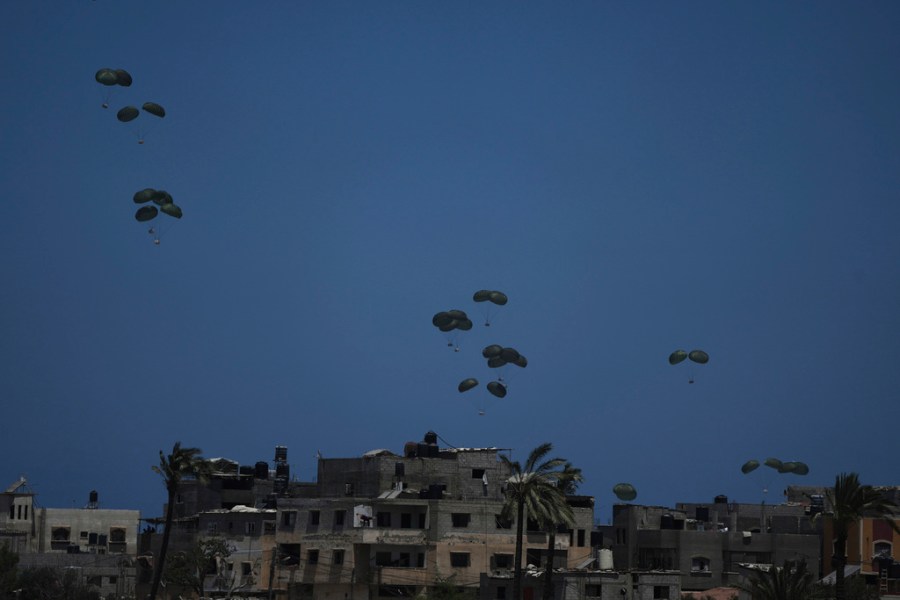Israel faces a complex and challenging situation as the conflict with Hamas continues. The militant group has taken hostages, which provides them with significant leverage in negotiations and influences Israel’s standing both domestically and internationally. As of October 2023, the international community has observed a troubling double standard that appears to enable Hamas’s tactics, including the use of human shields and indiscriminate attacks on Israeli civilians.
The ongoing violence has created a precarious environment for Israel. The need to secure the release of hostages is critical, but this must be balanced against the goal of maintaining military effectiveness against Hamas. The Israeli government has to navigate these treacherous waters while ensuring that its actions do not severely compromise its relationships with key allies, particularly the United States.
The Hostage Dilemma and International Perceptions
Hamas’s strategy of holding hostages complicates Israel’s military responses. The group has demonstrated a willingness to use civilians as bargaining chips, which raises ethical questions about Israel’s military operations. The Israeli Defense Forces (IDF) are keenly aware that aggressive tactics might lead to civilian casualties, potentially undermining global support. This dynamic has placed immense pressure on Israeli leadership to find a solution that addresses both military objectives and humanitarian concerns.
The world’s reaction to the conflict has often highlighted perceived biases. Many observers note that the international community tends to focus on Israeli military actions while downplaying the provocations by Hamas. This duality creates a challenging narrative for Israel, which is striving to maintain its image as a responsible actor on the global stage while combating a group that employs tactics deemed as violations of international law.
Strategic Considerations for Israel Moving Forward
In light of these challenges, Israeli policymakers face the task of redefining what constitutes a strategic victory. Successfully managing the hostage situation without losing ground in the military campaign against Hamas is paramount. The Israeli government must develop a multifaceted approach that includes diplomatic efforts to rally international support while simultaneously addressing domestic concerns regarding safety and security.
Economic considerations also play a role in this equation. A prolonged conflict can strain Israel’s economy, impacting everything from tourism to foreign investment. As such, crafting a resolution that limits economic fallout while ensuring national security is a priority for Israeli officials.
While the immediate focus remains on the hostages and military engagement, the broader implications for Israel’s future relationships with allies, particularly the United States, cannot be overlooked. Maintaining American support is critical for Israel, especially as geopolitical tensions in the region continue to evolve.
In conclusion, Israel’s approach to the ongoing conflict with Hamas requires careful consideration of multiple factors, including hostage negotiations, military strategy, and international perceptions. As the situation unfolds, how Israel navigates these complex issues will significantly influence its future standing on the global stage.
